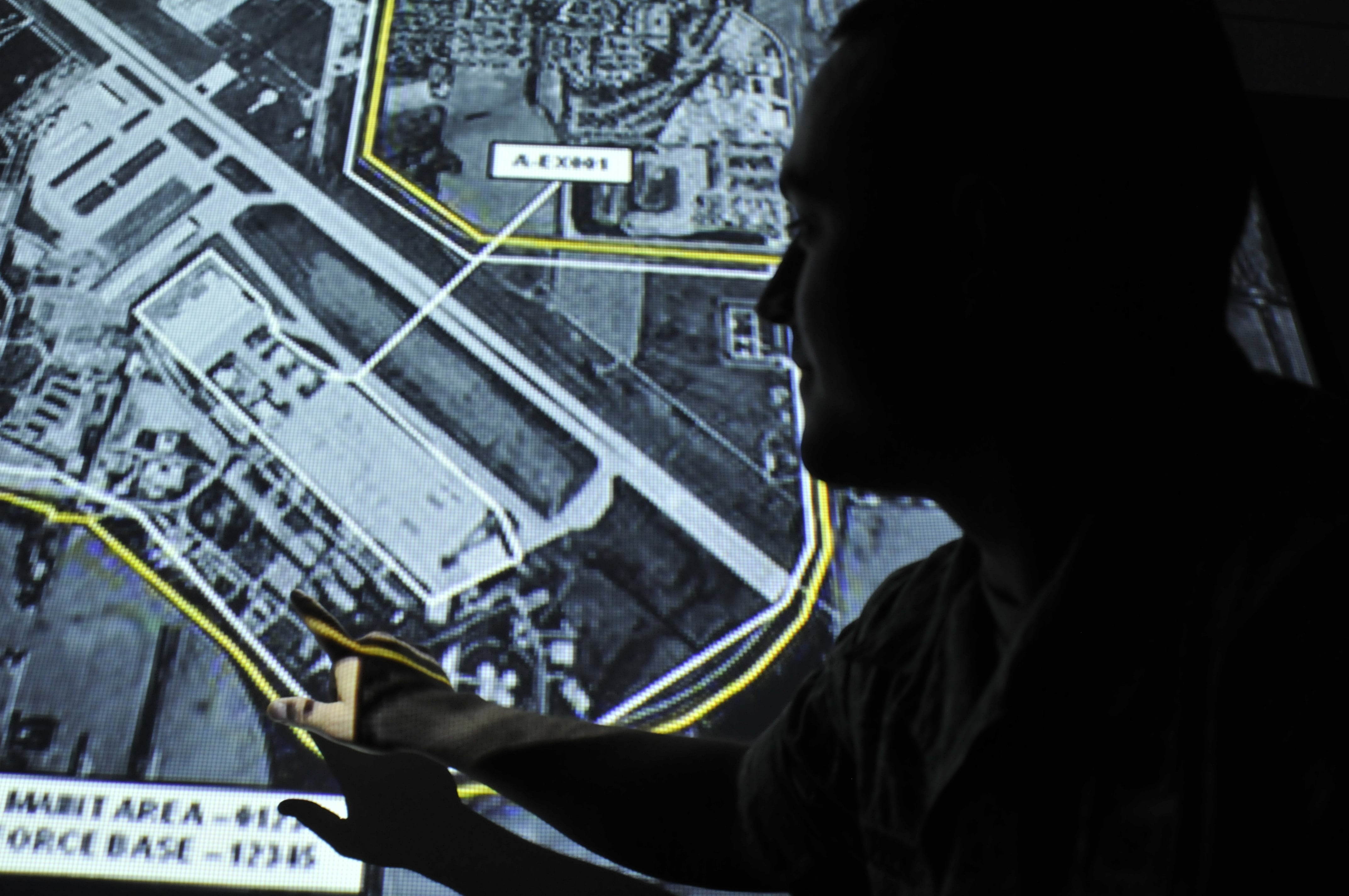An artificial intelligence company partnering with the U.S military and other federal agencies is fielding a technology that responds to queries not just with words, but near real-time images generated by satellites, drones and other diverse sources.
Danti, which markets itself as the first Earth data-search engine, said it has raised $5 million in seed funding to further develop a tool that answers questions about a place the same way one might ask simple questions of a search engine.
“There is a massive data overload, distribution, and knowledge gap problem that companies and governments alike are facing,” said Danti founder and CEO Jesse Kallman in a statement. “We founded Danti to help users make sense of that data.”
The tool draws from commercial and public government databases and is versed in geospatial, signals and open-source intelligence, and is already in operation. Last year, the Space Force awarded a $1.2 million contract to develop the AI analyst that pulls from various sources to enhance remote knowledge of a situation or a place at a certain point in time.
With the U.S. government and military looking for ways to access more information more quickly to support up-to-the-minute decisionmaking, Danti’s tool represents another way agencies can make use of AI. Drawing on datasets that already exist, the technology can pull from satellite imagery, computer vision-based analytics, reports, news, social media, shipping data, global events and active fires. With top defense leaders across the services identifying China as an opponent in the war for information, the U.S. is looking not just to understand the AI, but lead on it.
“The future of warfare is likely to focus less on firepower and more on the power of information and the way it connects a military’s forces,” according a paper by the National Intelligence Council’s Strategic Futures Group. “More than ever, the advantage will lie with whichever side can collect the most vital information, accurately and quickly analyze it, and then rapidly and securely disseminate the information and associated instructions to forces.”
In its work so far with the Space Force, Danti’s geospatial search engine has enabled Airmen and Guardians to access and share a wide range of data. The technology has also been supporting Space Systems Command’s Tactical Surveillance, Reconnaissance and Tracking efforts around the globe, said Kallman in the statement.
Last year, Air Force Chief of Staff Gen. David Allvin said at the Reagan National Defense Forum that having tools that quickly amalgamate massive troves information will enhance human decisionmaking on the battlefield and in headquarters.
“The changing character of war is speed,” he said at the conference. “I do believe the future is going to be about human-machine teaming.”
The latest seed round is led by Shield Capital and existing investors, Tech Square Ventures, Humba Ventures and Leo Polovets, Space.VC and Radius Capital.
Molly Weisner is a staff reporter for Federal Times where she covers labor, policy and contracting pertaining to the government workforce. She made previous stops at USA Today and McClatchy as a digital producer, and worked at The New York Times as a copy editor. Molly majored in journalism at the University of North Carolina at Chapel Hill.





